What Is Geophysics – Become a Geophysicist
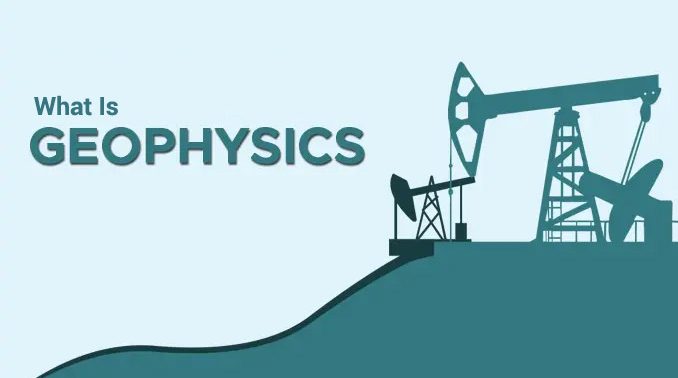
What Is Geophysics?
Geophysics studies Earth using physics. For example, it looks at earthquakes and magnetic fields. So, it helps us understand how the Earth works beneath its surface.
Main Areas of Geophysics
Geophysics is actually a pretty broad field to be in. But it mostly focuses on 4 main areas of study:
- Seismology: Study of earthquakes and the Earth’s interior.
- Magnetism: Looks at Earth’s magnetic field.
- Gravimetry: Measures the gravity field of Earth.
- Geoelectricity: Explore electrical and magnetic properties.
These are the main areas of geophysics. But how do they collect data related to these fields?
“Geophysics is the study of Earth using physics to explore its inner and outer spaces.”
Methods and Tools in Geophysics
Did you know that our most advanced drills barely scratch the surface of the Earth? So, that’s why we have to use tools to investigate the properties of your planet.
Enter geophysics. Seismographs and magnetometers are like detectives’ tools for geophysicists.
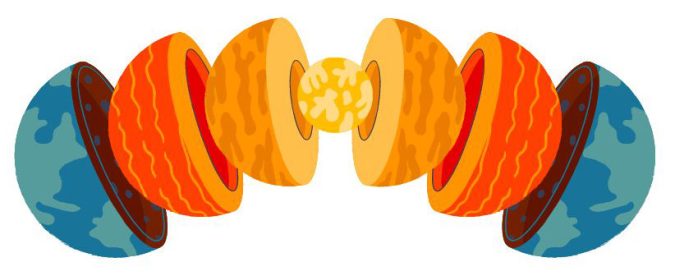
Seismographs record earthquakes by capturing ground movements. Imagine a pen that dances when the Earth shakes. That’s a seismograph.
Magnetometers, on the other hand, are like compasses on steroids. They measure Earth’s magnetic field, helping to find minerals underground.
Applications of Geophysics
Here are some of the major applications of geophysics:
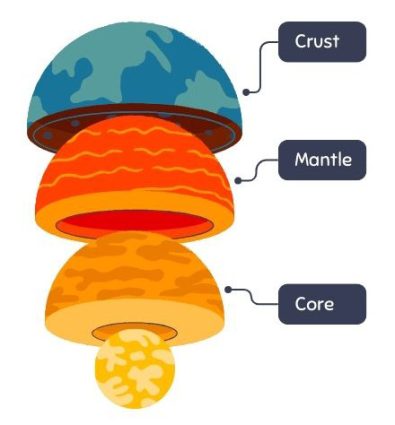
- Finding Resources: It helps find oil, gas, minerals, and water underground. So, we know where to dig.
- Natural Disaster Prediction: It can predict earthquakes, volcanoes, and tsunamis. This saves lives by giving warnings.
- Environmental Studies: Geophysicists check soil and water contamination. They help clean up the environment.
- Engineering Projects: Before building structures like dams or bridges, geophysicists check to make sure the ground is safe to build.
I’d say engineering projects and finding natural resources are the big ones. But I see more geophysicists going into environmental consulting nowadays too.
What Do Geophysicists Do?
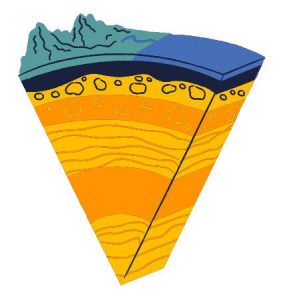
Geophysicists collect data from everywhere – land, air, and sea. On land, they place instruments like seismographs and use radar to peek underground.
In the air, they fly planes equipped with sensors to scan large areas. And at sea, they use ships with special tools to map the ocean floor and measure magnetic fields.
I can’t stress this enough but quality control is key. As a field geophysicist, you’ll analyze and process data. This involves a huge amount of time to QC that data.
What Is Geophysics?
So, there you have it. Geophysics is the science of exploring Earth with physics. We use tools like seismographs and magnetometers to peek inside our planet.
This science helps us find resources, predict natural disasters, and move massive engineering projects forward.
Do you have any questions? Please let us know in the comment section below.

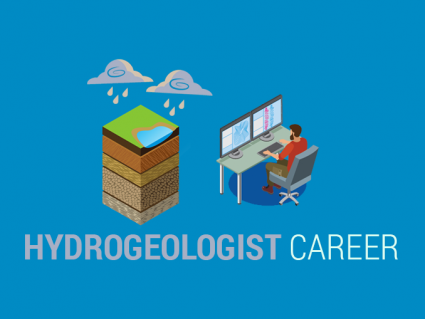
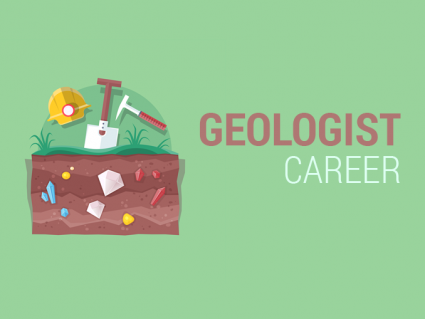



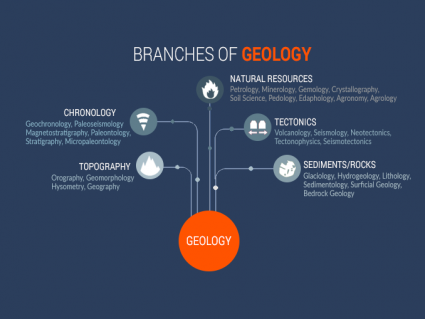
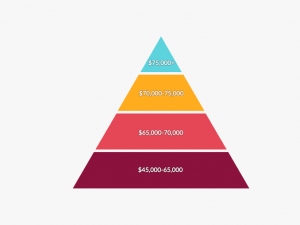


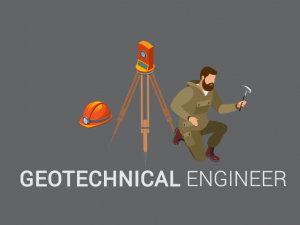
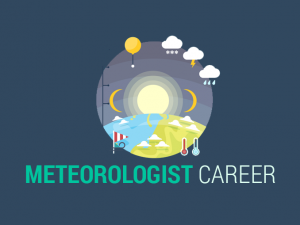
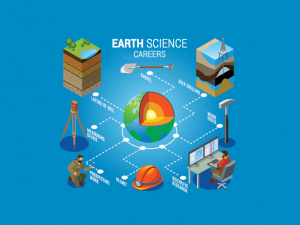
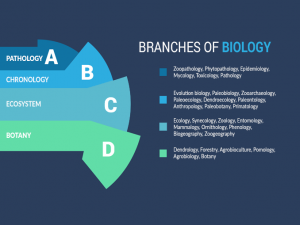
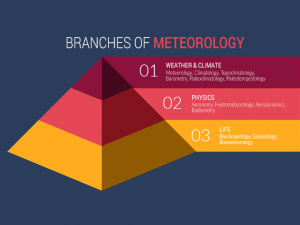
nice explanation
Hi,
My name is Jale Kushan. I am a geophysical engineer. I graduated from Ankara University in Turkey in 1989.
I am a person who knows the importance of earth sciences for humanity and loves his profession.
Unfortunately, I had to work away from my profession for a long time. Now I live in New York. I want to attend your geophysics course. I’m happy if you help.
Thank you so much.
Best regards,
Jale Kushan
I’m asking for this help because I can’t afford to pay for this course. In fact, I come from a poor family, my father has no job with the state or company that allows him to maintain a monthly salary, he works in agriculture, my mother is a housewife, in addition, I am part of a large family I have two sisters and a nephew sincerely I have no way to pay for this course, even I can not do a job in parallel with my studies because the studies take all my time. All my studies since primary school until now I have done them in public schools where I am not obliged to pay the registration fees or housing. My motivation and my determination have allowed me to pass the competition and to integrate into one of the most famous schools in Morocco. Certainly, if there were no public establishments or state subsidies or financial aid like this one I would not have been able to continue my studies and achieve my career goals.